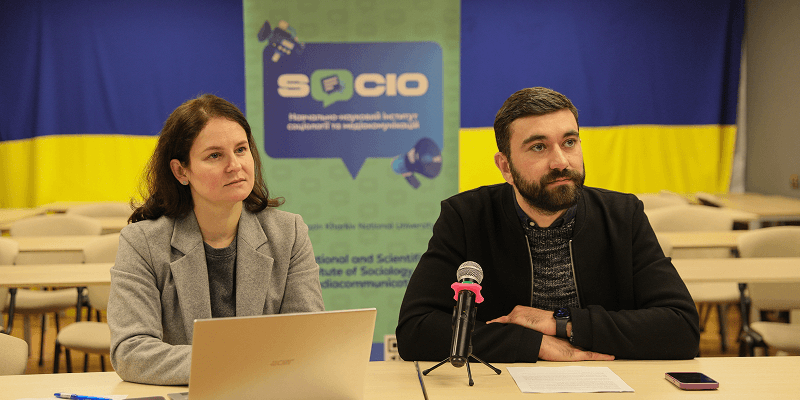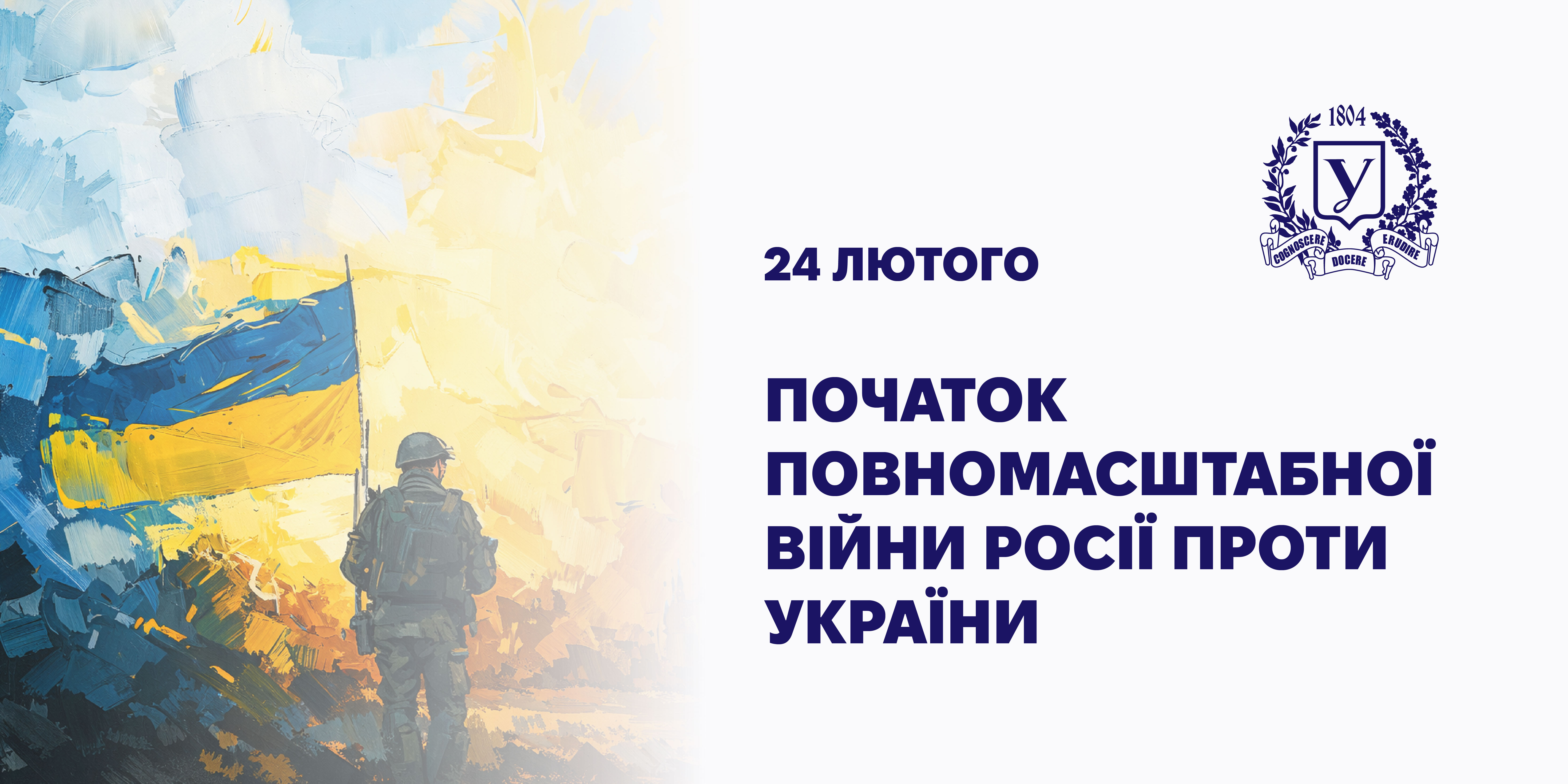.jpg)
Scientific horizons of Karazin University: Tamila Khomenko, a postgraduate student of the Department of Journalism, on studying as a space for the realization of creative and scientific ambitions
Postgraduate studies are not just the next stage of education, but an important step in the formation of a scientist and a professional. We interviewed Tamila Khomenko, a second-year postgraduate student of the Faculty of Philology, Department of Journalism. Tamila is a bright example of a young scholar for whom postgraduate studies have become not only a logical continuation of her studies, but also a space for realizing her creative and scientific ambitions. Her interests cover both theoretical aspects of journalism and practical approaches of media communications. In our conversation, we learned more about her way to post-graduate studies, personal hobbies and plans for the future.
How did you choose the topic of your scientific work? Why does it seem important to you?
The topic of cultural journalism is rather understudied in our country. Perhaps this is one of the factors why the issue of our cultural heritage, in particular architecture as an integral part of urban space, has been so devalued by our society. Since the outbreak of a full-scale war, the understanding of the importance of what surrounds us is becoming more and more critical. The issues of decommunisation, decolonisation, and the struggle for historical buildings are more and more frequently becoming a topic of not only heated discussions on the backstage of architects, but also, mainly, they are being discussed by ordinary people, not without the mainstreaming of this issue in the media. In general, it is quite important for me to merge my personal interest with a socially relevant topic.
What are the biggest challenges during your postgraduate studies?
Urban space is currently changing at an exponential rate, not only because of the shelling, but also because of the negligent decisions of both government and public institutions. The extremely critical situation we have faced since 24 February has freed the hands of those for whom the war has become an opportunity to assert themselves through human grief and general confusion. The destroyed Zelensky estate in Kyiv, the negligent restoration of the Brotherhood cells at the Kyiv-Mohyla Academy, and dozens of unique modernist mosaics destroyed are just a few examples.
Over the past almost three years, the number of destructions has only increased. Usually, these changes are implemented at the cost of our taxes, but without our consent. I have always been resentful of this approach of almost single-minded decision-making on such important issues as any transformation of the urban space. I am convinced that it is the media that can provoke this discussion, engage ordinary citizens in making democratic decisions on both local and national initiatives.
What character features, in your opinion, are the most important for a successful postgraduate student?
Interest in learning and the ability to think critically. As long as a person is able to learn, admit his mistakes, and be ready to critically approach even the information that seems unfavorable and wrong, you can say that you are a scientist. Stagnation and conservatism are the killers of both scientific and personal progress.
How do you replenish your energy and find inspiration in difficult moments? Do you have any unique rituals or habits?
In our lives, there are many moments in which you have to invest your time and energy, as well as those that you cannot influence. In moments of turbulence like this, it is important to find support within yourself. However, from my experience, I understand that in the most critical moments, it is a close person who can give you the impulse you do not dare to take. In addition, the theme of my work is closely related to my personal passion for the architectural forms of various cities, towns and villages. After all, each of them is a story that hides a myriad of treasures, and discovering them for yourself is a real child’s excitement. Cycling is also a special kind of meditation for me. The lack of proper infrastructure in most Ukrainian cities, as well as the stubborn desire of many of our fellow citizens to walk along biсycle tracks, all the time confirm my intention to explore the topic of urban practices.
How do you balance your research and private life? What strategies do you use to manage your time?
Apart from studying, like most postgraduate and undergraduate students, I have a job that takes up a significant part of my resources. Of course, I haven’t read "The 7 Habits of Highly Effective People", but I definitely know that a good rest makes you more productive than two jobs. By "normal rest" I mean good sleep, hobbies, and no TikTok.
What values govern your life and work? How do they influence your decisions and plans?
Honesty towards myself and others, a passion for knowledge and, in general, a distinct awareness of myself as a person. I develop this and really appreciate it in others.
What are your professional goals after completing your postgraduate studies?
I’m graduating from my postgraduate studies in three years. In today’s realities, it seems impossible for me to plan my life for so long. However, I hope that after graduation, Kharkiv will have bicycle tracks along the city’s central streets.



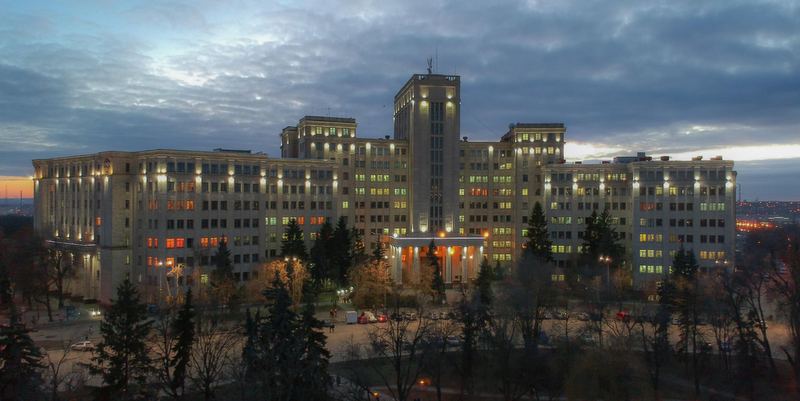
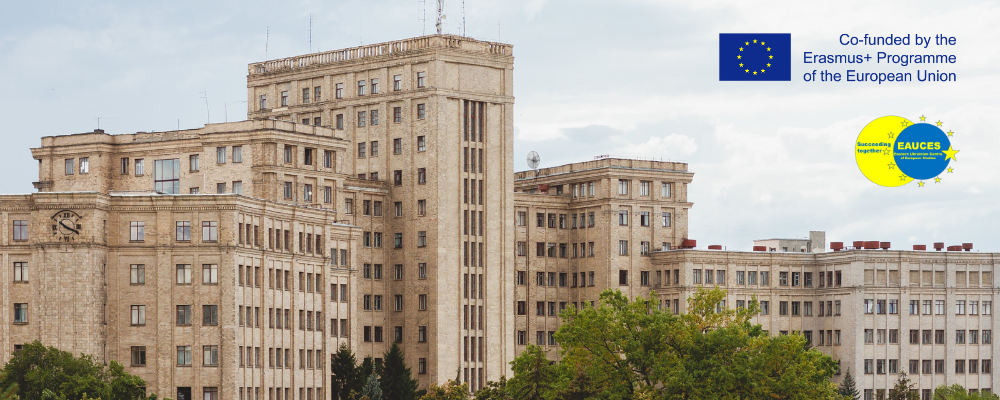
.jpg)
.png)
.jpg)
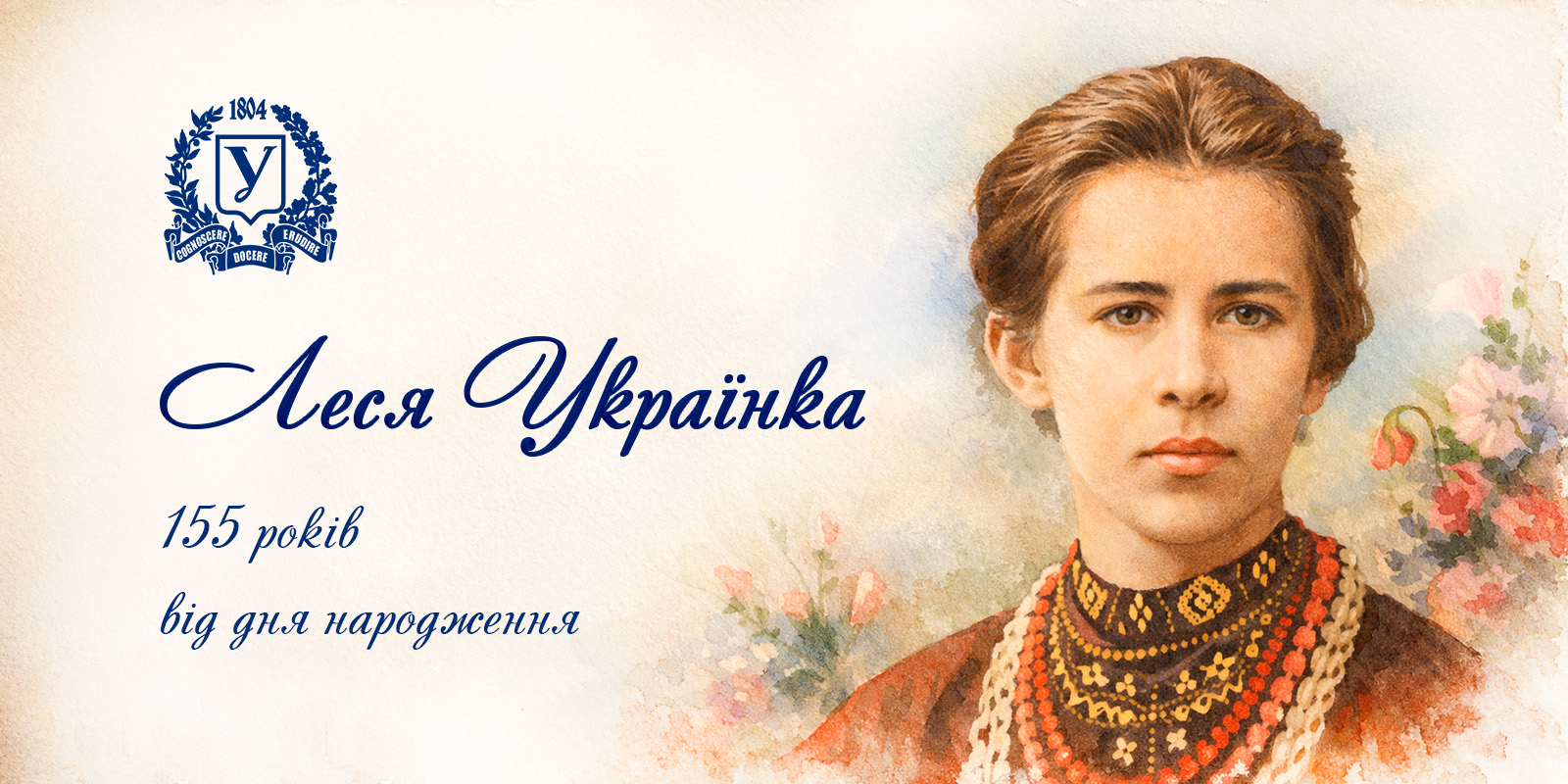
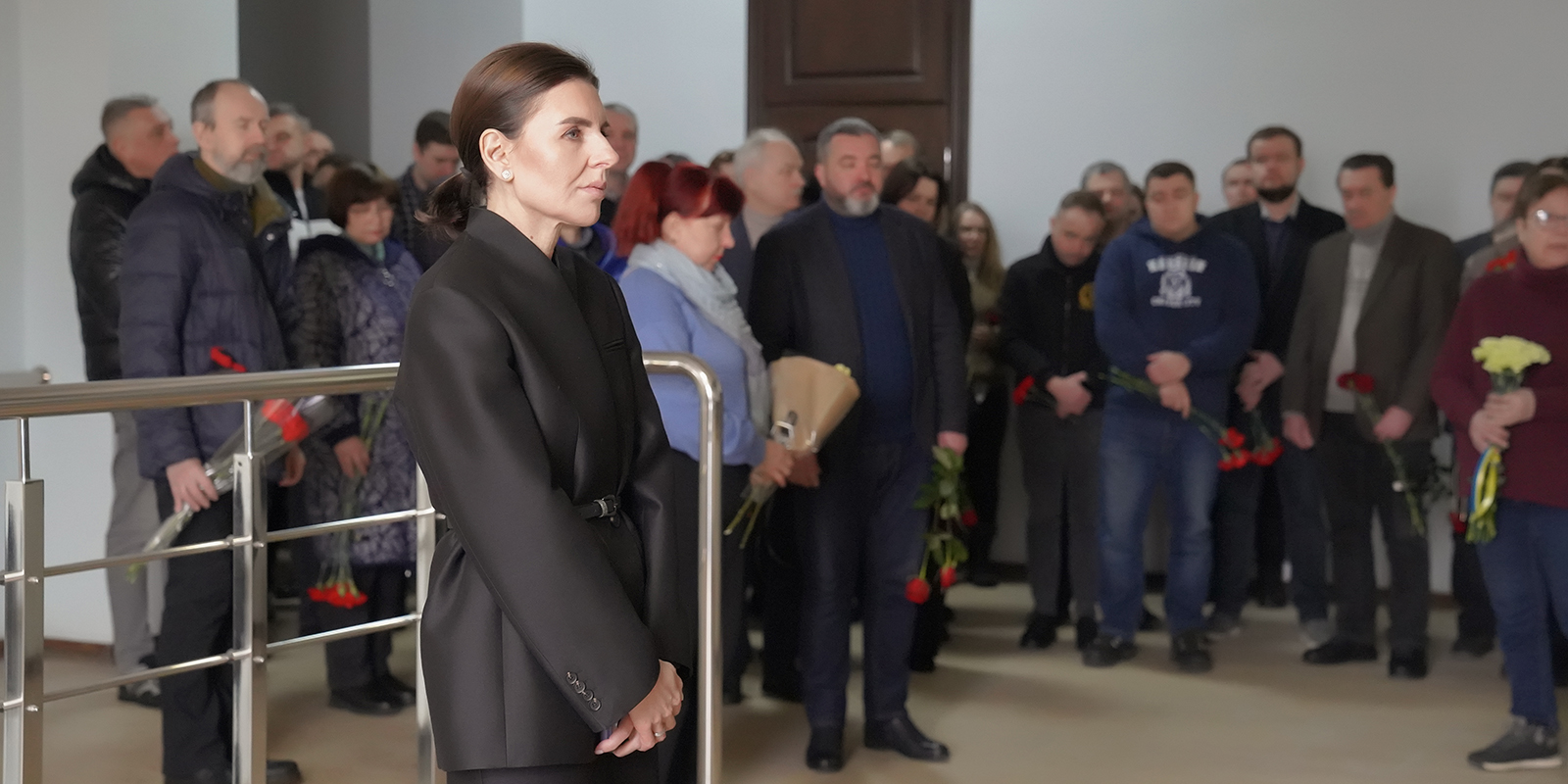
.jpg)
